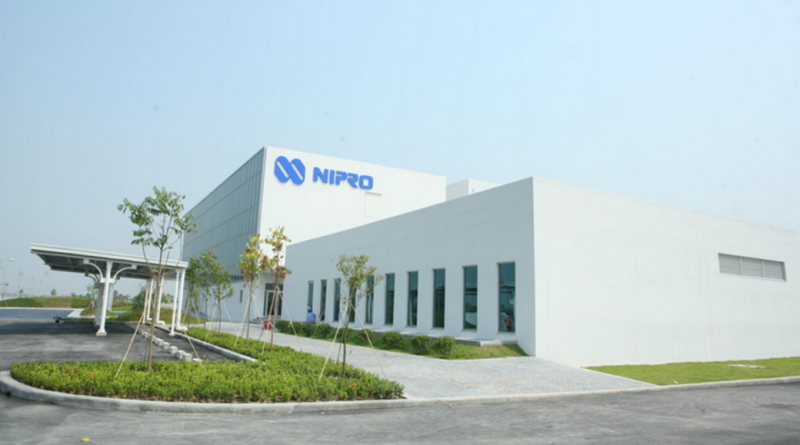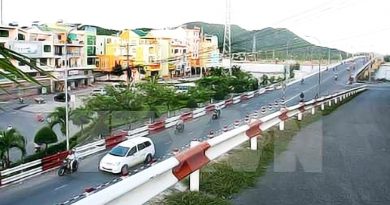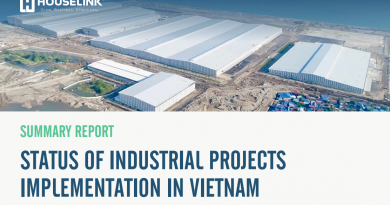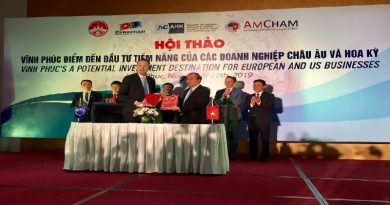Nipro supplies local demand
After investing $150 million in the first plant in Vietnam for export only, Nipro Pharma Corporation – Japan’s biggest prescription drug contract manufacturer – is planning to expand its operations in the country to serve a growing domestic demand.
Ken-Ichiro Kuninobu, general manager of Nipro’s Administration Department, told VIR, “After [operations went well at] our first plant in the northern port city of Haiphong last year, we are planning to enlarge our production activities in the locality in the near future to contribute to the Ministry of Health’s (MoH) policy to increase domestic manufacturing.”
“The site of Nipro Pharma Vietnam has an area of approximately 150,000 square metres, equivalent to 18 football fields. We have so far used just 30,000sq.m. The production lines will be further expanded to enable the production of orally administered drugs and external preparations, in accordance with the needs of pharmaceutical companies,” he added.
Vietnam, which is home to 92 million people, is potentially a very strong market for the firm, as Vietnamese people are spending an increasing amount on health.
According to Kuninobu, the Haiphong plant is one of the best facilities of its kind in Vietnam. Its products are injectable medicines, all currently for export to Japan.
“We decided to select Haiphong, as the city is home to a big seaport which facilitates the imports and exports that serve our operations,” he said.
Kuninobu also said that, like other foreign pharmaceutical firms, his firm has met with some challenges in operating in Vietnam.
“As our business is currently for export only, some current rules in Vietnam do not match with our business operations. In addition, the regulation that does not allow foreign pharmaceutical firms to directly distribute their products in Vietnam is another difficulty,” he said.
Nipro and other Japanese pharmaceutical firms – including Aliment Industry, Taisho Pharmaceutical, Okuda, Fukuchi, and Disho – recently proposed that MoH allow them to directly distribute pharmaceuticals in Vietnam. But MoH was still reluctant.
Kuninobu said, “In the Vietnam-Japan Joint Initiative, supported by the Ministry of Planning and Investment, Japanese members agreed with the MoH on August 23, 2016 to discuss establishing a working team for advising on medicine trading by the end of October. Japanese firms have great experience in medicine distribution with high-quality products. If they are allowed to directly distribute drugs to Vietnamese companies in Vietnam, local people will benefit.”
Taisho Pharmaceutical is another Japanese firm that recently took a bold step into the Vietnamese pharmaceutical market. In July, the firm purchased a 24.4 per cent stake in local drug company Hau Giang Pharmaceutical JSC.
Currently, about 800 foreign firms are allowed to provide but not directly distribute pharmaceuticals in Vietnam. 20 Japanese firms are included in this number, with 73 types of registered drugs.
According to BIDV Securities Research, by the end of May 2016, the total import value of pharmaceutical products was $1.02 billion, up 25 per cent year-on-year. Imports of drugs accounted for $145.1 million, up 6.9 per cent on year, in a continued trend of high growth. Meanwhile, growth in market share among foreign firms still overpowered that of domestic ones.
Source: VIR









